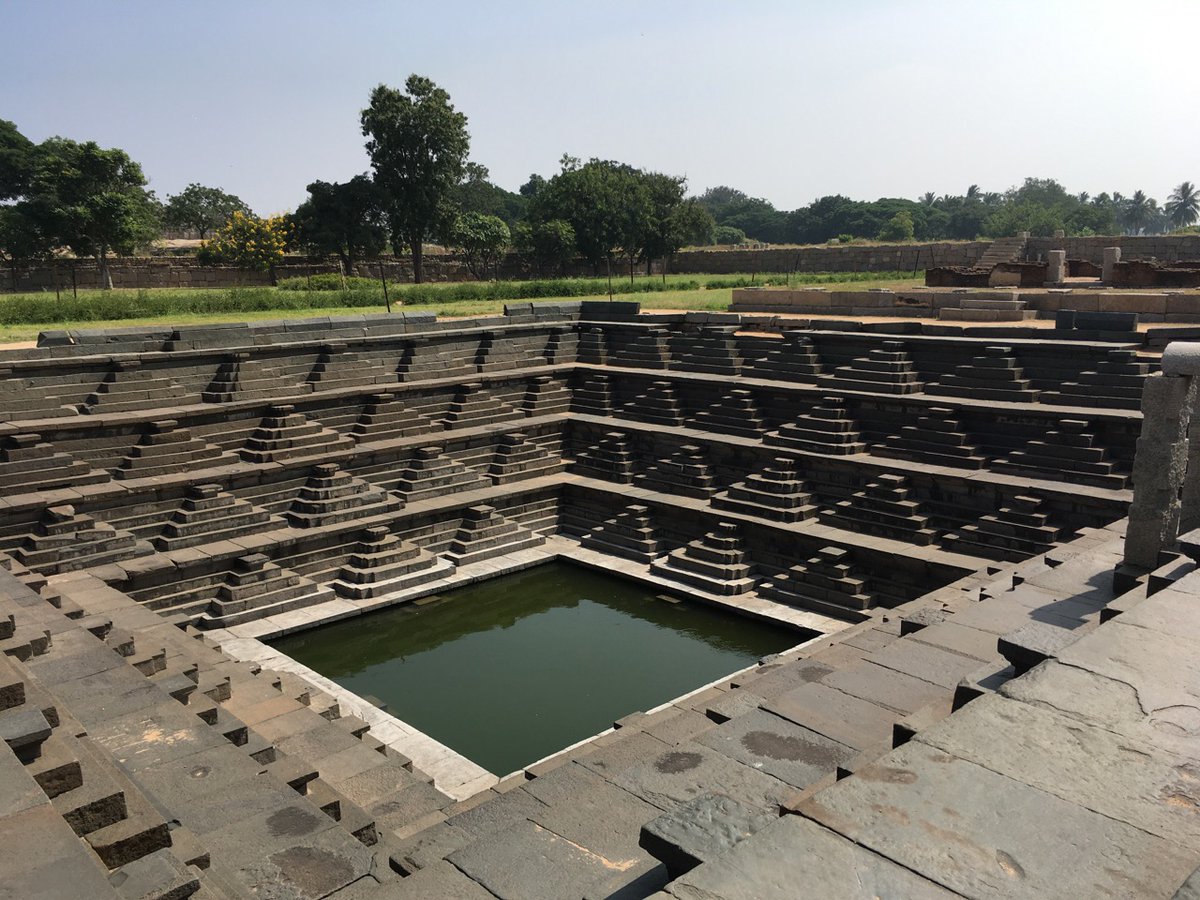
A thread: With the lethal flooding in NY and NJ & elsewhere this year, journalist Ann Scott Tyson @csmonitor asks if China's Sponge Cities program works to absorb floods, citing Zhengzhou's recent flooding that killed 73 people. That's the wrong question. csmonitor.com/World/Asia-Pac…
The massive rainstorms climate change is bringing are a big problem. But the flooding is not just caused by climate change. Our infrastructure is making flooding worse: both urban sprawl and pavement and our concrete water control structures.
China's Sponge City program is among the most ambitious on earth, but their scale is probably not yet sufficient. We must look beyond the city to the whole watershed and make space for water upstream in floodplains and farm fields.
Urban storm drains are not flexible; they are built to a certain capacity that is being exceeded. Unlike the flexible wetlands so many cities have filled in and built upon, blocking the water from its natural resting place. It's not surprising it returns there at times.
Dams, of which China has built many, confound natural hydrology. And sometimes managers must release water at just the wrong time to avoid it busting. That was a major factor in the 2015 #Chennairains and flood that killed more than 400.
Sponge Cities has been rolled out really fast and may have led to some cookie-cutter approaches. Nature-based solutions must be bespoke, catering to an area's unique geology, hydrology, ecology, human habitat and culture.
The Dutch, leaders in what they call "Room for River," fared much better this summer in the rains that caused devastation in neighboring Germany and Belgium. @henkovink More on them in a later thread.
In summary: the trend toward making more space for water is sound; it's just not yet being done at scale. We wouldn't expect one tiny dam to supply enough water for Los Angeles, or one levee to protect St. Louis. It's the same principle.
@threadreaderapp unroll please
• • •
Missing some Tweet in this thread? You can try to
force a refresh




